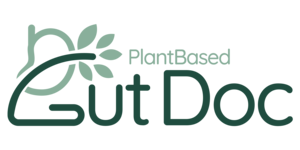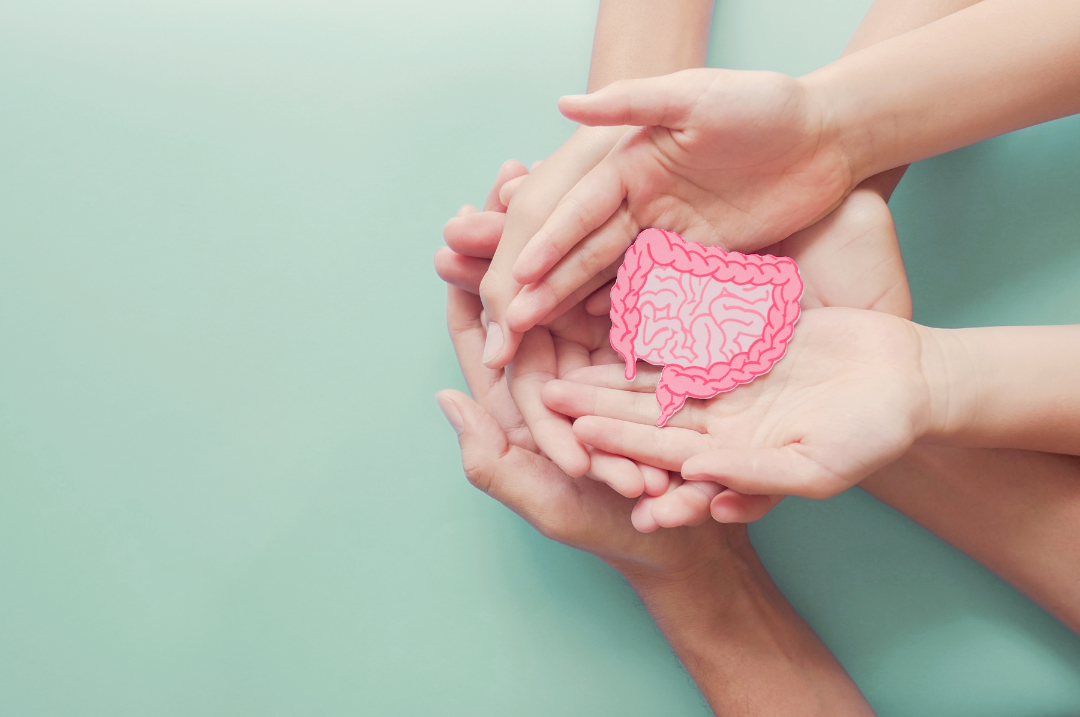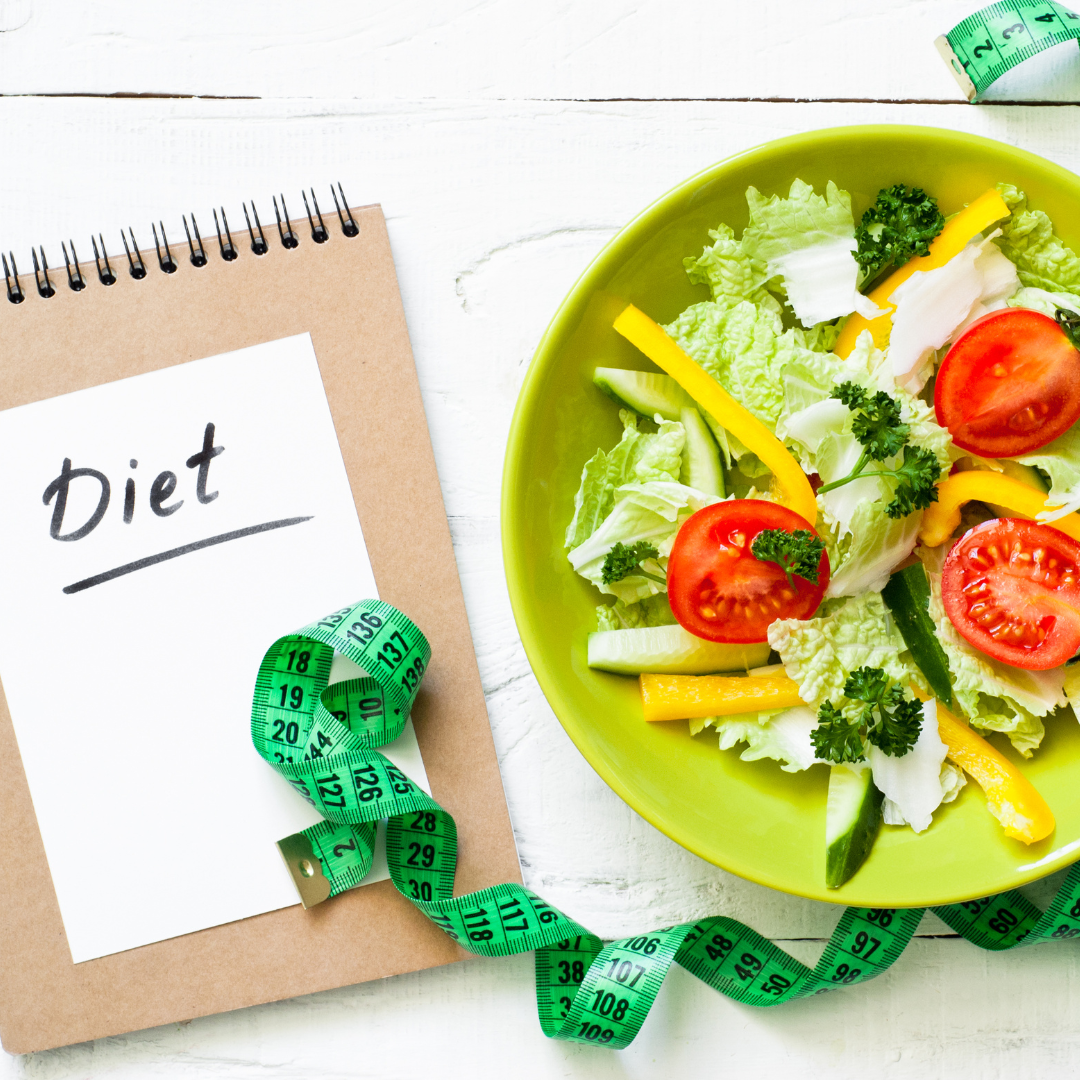As you know, gut health is essential to our overall wellbeing. Our guts are very complex systems that act as our bodies’ “second brains.” In fact, I like to think of our guts as our own personal command centers that are unique to each of us individually. Each of us has within our gut a separate organ system called the gut microbiome and in this system, every single microorganism has a key role to play and is working in tandem with its surroundings. So, what happens when our command center gets out of whack? Sometimes, the result is dysbiosis.
What is dysbiosis?
Our gut is home to 30-100 trillion microorganisms, including viruses, bacteria, fungi, archaea (single-celled organisms) and microbial eukaryotes. A healthy gut environment is a breeding ground for beneficial microbes. These organisms have evolved alongside us and have specifically adapted to survive inside of our guts. As they flourish, they play a crucial role in keeping us healthy by crowding out other, pathogenic microbes that cause disease.
However, many factors can affect this balance of beneficial microbes and harmful ones. This imbalance is called dysbiosis which is a decrease in the microbial diversity of the digestive tract, and a combination of the loss of beneficial gut microbes such as short chain fatty acid producing bacteria and a rise in disease promoting microbes.
Dysbiosis has been associated with many different diseases ranging from digestive disorders, autoimmune and inflammatory conditions to kidney disease, Parkinson’s disease, anxiety, depression, skin conditions and many others.
What causes dysbiosis?
Everyone has a unique microbiome and a unique balance of beneficial (commensal) and “bad” (pathogenic or disease promoting) microbes. I say “bad” because these potentially pathogenic microbes have important roles in this ecosystem and when kept in check they role is important to keeping the gut ecosystem imbalance. The issue arises when their growth gets out of control because of different factors.
What determines the microbial balance in our guts is unique to every single one of us and our experiences from birth. While early life influencers are a part of it, dysbiosis is also driven by factors such as lifestyle, nutrition, medication use and environmental factors such as stress. These factors cause a shift in the microbiome in ways that increase inflammation and may lead to the onset of chronic disease. Some gut microbiome influencers include:
- Diet
- Exercise
- Sleep
- Stress levels
- Connectivity to nature
- Antibiotic and medication use
- GI infections
- Rural vs urban living
How do you know if you have dysbiosis?
There is currently no validated commercial testing to diagnose if someone has dysbiosis. Many tests are out on the market promoting that they are able to tell you what your microbiome is made of, however these are scams because deciphering the microbiome is much more complex than this!
And while I’m writing this, Scientists are working on this area and we hope to have more personalized testing and therapies in the future.
So head to that subscribe button to make sure you and I are connected and I can keep you updated to these new developments!
If you are experiencing the following symptoms, dysbiosis could the cause:
- Chronic fatigue
- Digestive problems
- Cramps, diarrhea or constipation
- Trouble urinating
- Acid reflux or heartburn
- Vaginal or rectal infections or itching
- Food intolerance, gas and bloating
- Inflammation and aching joints
- Acne, skin rashes and psoriasis
- ADHD or issues with concentration
- Anxiety or depression
How is dysbiosis treated?
Each of our microbiomes are incredibly unique, with different strengths and weaknesses. Although we know there are patterns for good microbial profiles, science has yet to discover the perfect one for each of you.
Because guess what? Our microbiota interact with different mechanisms in the body, turning genes on and off and creating unique effects based on our genetic profile.
What may be good for some may not be good for others based on our genetic makeup. This is why, although we see patterns of health in scientific and population studies, it’s hard to make a general statement about every individuals’ health without taking into account what’s causing their dysbiosis.
While so much is unknown about the microbiome like how best to study it, the sheer number of individual microbes (100 trillion), and insight into our individual microbial profiles, the good news is that daily healthy habits do have an effect on our microbiome. In just 24 hours, we can affect 50 generations of microbes. Some healthy patterns to note that we know have a positive impact on our gut health include:
- Eating 30+ plant foods per week
- Staying hydrated
- Minimizing saturated fats, refined sugars and emulsifiers
- Prioritizing sleep
- Practicing meditation and deep breathing
- Spending at least 2 hours per week in nature
- Exercising
- Avoiding unnecessary medicines and supplements (always check with your doctor)
- Having patience, grace and persistence
I have compiled an Intro to Gut Health Guide to help navigate different lifestyle and nutrition practices to optimize your gut health based on the data we have about what’s optimal for the microbiome. It is available for purchase here. I can’t possibly see all of you and your loved ones in a consultation, so when I originally developed this guide for my private patients, I thought it best to make it available to everyone! Check it out today.
A note about COVID-19
COVID-19 has also been associated with causing dysbiosis and patients with underlying gut dysbiosis are more likely to have long Covid syndrome including fatigue, shortness of breath, loss of smell and brain fog. We don’t have data on how long this dysbiosis will last because this is a new disease but this connection does not come as a surprise!
70-80% of our immune system is in our gut and in constant communication with our microbiome. An unbalanced microbiome results in immune problems. To protect yourself, we urge you to take the following precautions:
- Get vaccinated: Recent UK data shows the risk of developing long COVID was reduced by around 50% in those who were double vaccinated.
- Mask up: If you are high risk (or just wanting to take precautions), wear a protective mask like a kn95, kf94 or N95.
- Diet Matters!: A plant-forward or whole food plant-based diet will help to protect you. A study on healthcare workers showed that those that are a plant based diet were less likely to be diagnosed with severe covid-19 infection. While those that are a low fiber high protein diet were more likely to be diagnosed with severe Covid-19!
If you do contract COVID-19, contact your doctor right away to see if you qualify for any therapies to decrease your viral load. I also advise you to nourish your body while you are sick with a gut friendly plant-forward variety of foods. Soups and smoothies are one of my favorite ways to get in tons of prebiotics and plant variety without causing too many digestive issues and these are comforting while we are sick. I have some super smoothie recipes here. Finally, hydration, rest and exposure to nature when possible are all advised as well.
Find your balance
Only you can know when something is “off” with your body and an unbalanced gut might just be the culprit. Make sure to pay close attention to any symptoms that you may have and try incorporating some of these lifestyle changes and tips into your everyday life.
As always, visit a doctor if your symptoms are severe or frequent.
If you think you might be suffering from dysbiosis, there are a lot of resources out there to help including my team! My team of integrative dietitians is available for virtual consultations nationally and internationally!
While finding your individual therapy for dysbiosis can require some trial and error and might seem a bit like a guessing game, just know you are not alone. My best advice is to stay tuned into your body and take action now to get your gut back in balance!
**This post is for education only, for medical advice consult your doctor. If you wish to have a second opinion, I see patients nationally & internationally.**











